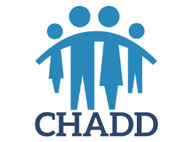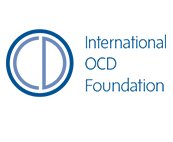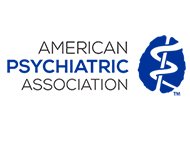Improving ADD and ADHD Through Nutrition
 Nutritional deficiencies affect millions of people living with obesity in the United States. Inadequate nutrition in children and adults can not only affect physical health, it can also jeopardize mental function. New research supports the supplementation of a balanced daily diet to support treatment of ADD and ADHD in children and adults. Maintaining adequate levels of vitamins and minerals can have a positive effects on learning and behavior in those diagnosed with attention deficit disorders. Below are some of the vitamins and minerals that play a key role in mental health.
Nutritional deficiencies affect millions of people living with obesity in the United States. Inadequate nutrition in children and adults can not only affect physical health, it can also jeopardize mental function. New research supports the supplementation of a balanced daily diet to support treatment of ADD and ADHD in children and adults. Maintaining adequate levels of vitamins and minerals can have a positive effects on learning and behavior in those diagnosed with attention deficit disorders. Below are some of the vitamins and minerals that play a key role in mental health.
Vitamin C
The brain uses Vitamin C to make neurotransmitters, the chemicals that allow brain cells to communicate. The brain takes vitamin C from the blood and uses it to synthesize dopamine and norepinephrine. Vitamin C also offers other neurological benefits, protecting your brain cells from oxidative damage that would otherwise impair brain function
Vitamin B6
Vitamin B6 also helps the brain produce serotonin, an important neurotransmitter for alertness and mood, by converting tryptophan. Deficiencies in Vitamin B6 have been linked to both irritability and fatigue.
Iron
Low iron levels have been correlated to children with sever ADD and ADHD. Iron deficiency during pregnancy has been associated with permanent learning and memory deficits in the mother and child. Additionally, iron deficiency during childhood may further impair cognitive development.
Zinc
Deficiencies in this important mineral have been linked to congenital malformations and deficits in attention, learning, memory, and neuropsychological behavior. It helps to increase the brain’s response to dopamine thereby increasing the effects of ADD and ADHD medications
Studies show that children whose diets were supplemented to meet standard dietary allowances had higher IQ tests than those who did not supplement their diets. In addition to vitamins and minerals, a balance of essential fatty acids – linoleic (omega-6) and alpha linolenic (omega-3) is vital for mental health. Although both are associated with healthy cell membranes, most Western diets tend to contain too much omega-6 and too little omega-3. Adding more healthy omega-3s, (commonly found in coldwater fish, walnuts, pumpkin seeds, and eggs) has been shown to improve cognitive function and mental focus. For those suffering from obesity, Omega-3 has also been shown to combat weight gain by increasing metabolism and coordinating gene signals that prevent your body from storing up the calories as fat.
Dr.Kothari is amazing! She has been my doctor for years...
I have been a patient of Dr. Kothari for over three years. She has invested her heart...
Dr. Kothari has been seeing my sons for seven years. She is a wonderful resource...
Dr. Kothari is very caring. Appointments and waiting times are great...
When we started seeing Dr. Kothari, my son was dealing with a great...
Dr. Kothari has saved my life, this I can say without reservation...

 Patient Forms
Patient Forms Videos
Videos Location
Location



























